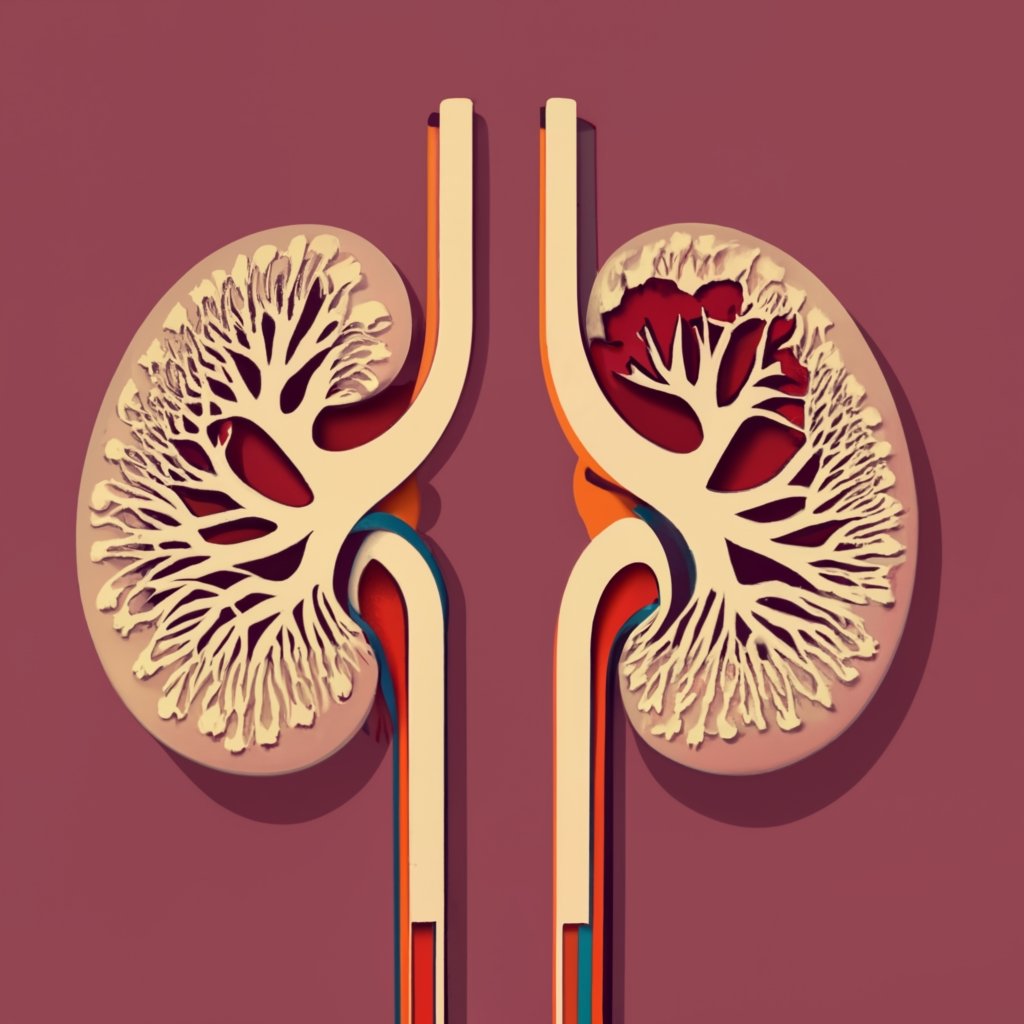Reversing kidney damage is contingent upon the prompt identification of the underlying issues, which can pave the way for the commencement of healing processes. Managing kidney damage often entails lifestyle modifications and, in certain cases, medical interventions.
The Elusive Symptoms
Kidney failure often advances inconspicuously, frequently devoid of overt symptoms. In many instances, the initial stages of kidney failure surface through routine laboratory tests or examinations prompted by unrelated health concerns. Nevertheless, when symptoms do emerge, they might encompass:
Decreased Urine Output: Noticing a reduction in the volume of urine passed.
Edema: Accumulation of excess fluids causing swelling in the legs, feet, and ankles.
Fatigue: A persistent and overwhelming sense of tiredness or lethargy.
Itching: Unpleasant skin irritation and itchiness.
Joint Discomfort: Experiencing discomfort in the joints.
Nausea: A looming sensation of nausea.
Involuntary Muscle Twitches: Spontaneous muscle contractions.
Abdominal or Back Pain: Pain sensations in the stomach or back.
Rash: Skin anomalies or eruptions.
Elevated Body Temperature: Running a fever.
Triggers of Kidney Failure
Kidney failure can be instigated by various factors, yet the primary causes often fall within three broad categories:
Direct Kidney Damage: Stemming from issues like blood clots, certain medications, or infections.
Impaired Blood Circulation: Occurring due to diminished or halted blood flow to the kidneys.
Urine Obstruction: Arising from blockages hindering the normal outflow of urine from the kidneys, often linked to underlying conditions.
Diagnostic Endeavours for Kidney Failure
The process of confirming kidney failure typically necessitates a combination of blood and urine assessments. Blood tests gauge the levels of creatinine and urea nitrogen, which are waste products in your bloodstream that provide insight into kidney performance. Urine analyses evaluate the presence of blood, protein, and specific electrolytes, offering valuable clues as to the causes behind kidney dysfunction.
Treatment Approaches for Kidney Failure and Kidney Damage
The strategies for addressing kidney failure hinge on the root causes, the extent of kidney impairment, and the progression of the condition.
The Healing Potential: In scenarios where the initial factors causing kidney failure are addressed, and the kidney damage is not severe, there exists a possibility for self-healing. It is crucial to rectify the underlying issues to facilitate this natural recovery process.
Lifestyle Transformations: Kidney failure often necessitates a recalibration of daily life, including dietary alterations. Healthcare providers curate personalized diet plans, which may include restrictions on sodium and potassium consumption to alleviate stress on the kidneys.
Medicinal Assistance: Although medications may not directly rejuvenate the kidneys, they can regulate imbalances in the blood, particularly regarding potassium and phosphorus. These medications help the body manage these substances, which the kidneys may struggle to eliminate effectively.
Advanced Interventions: For instances of severe kidney damage, advanced procedures such as dialysis or kidney transplantation may be contemplated. The choice of treatment depends on the kidney disease stage and the pace of its progression.
The possibility of reversing kidney damage pivots on early detection and the proficient management of the underlying causes. The subtle progression of kidney damage in its initial stages underscores the significance of regular health check-ups and screening tests. While kidney failure may not always be reversible, appropriate treatments and lifestyle adjustments hold the potential to significantly enhance one’s quality of life and aid in managing the condition. Adherence to a tailor-made dietary plan, strict medication adherence, and timely medical consultations all play pivotal roles in addressing kidney damage and fostering overall well-being.


Leave a Reply